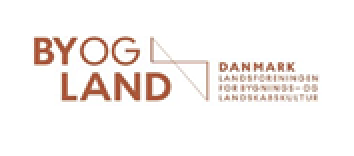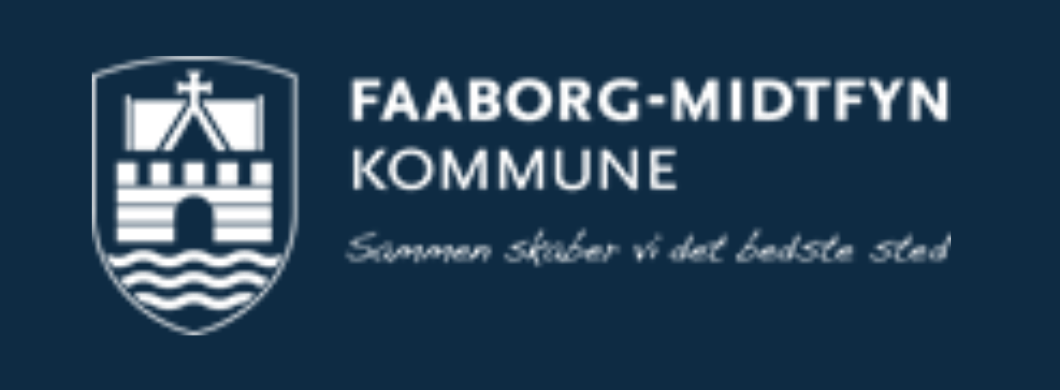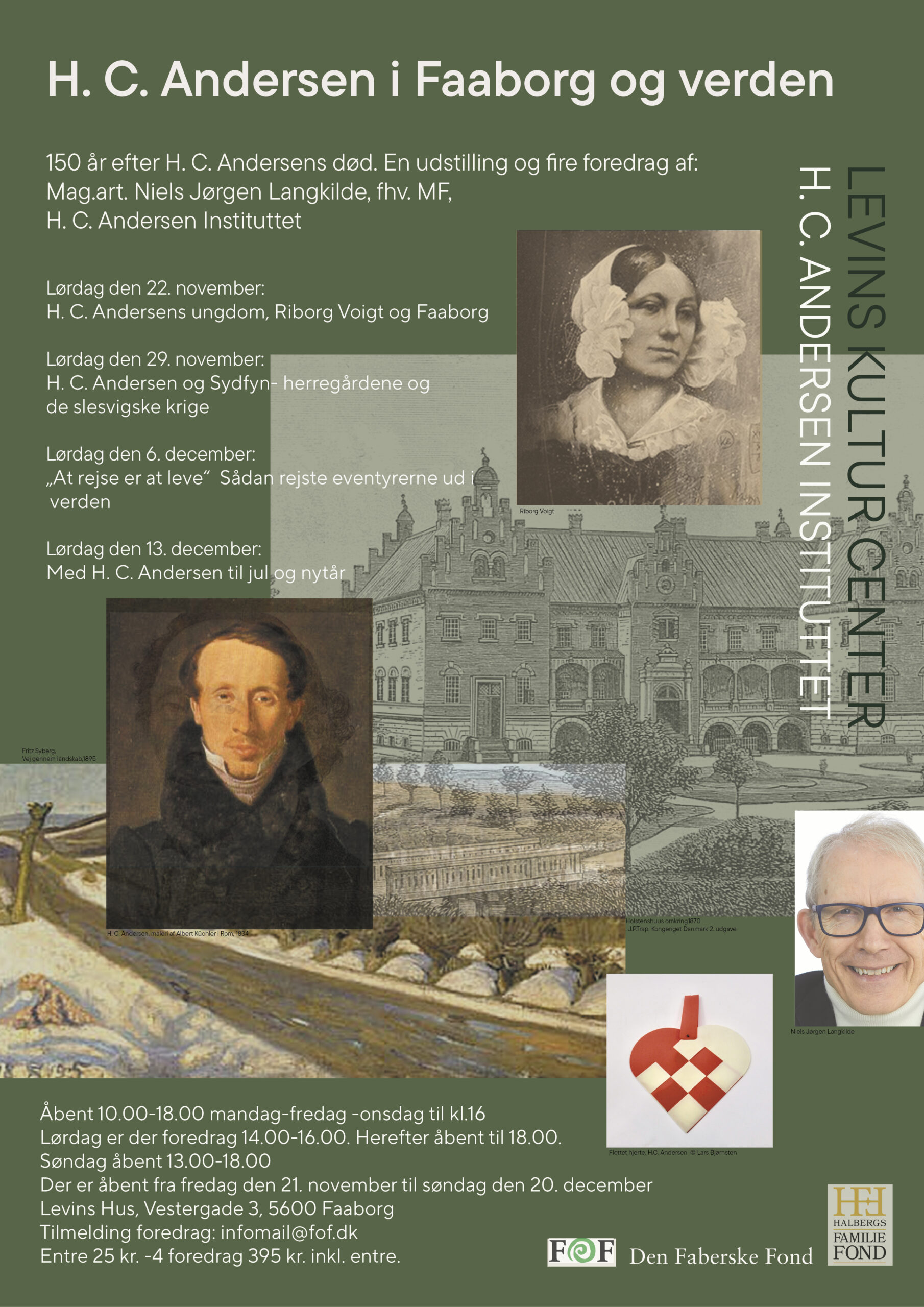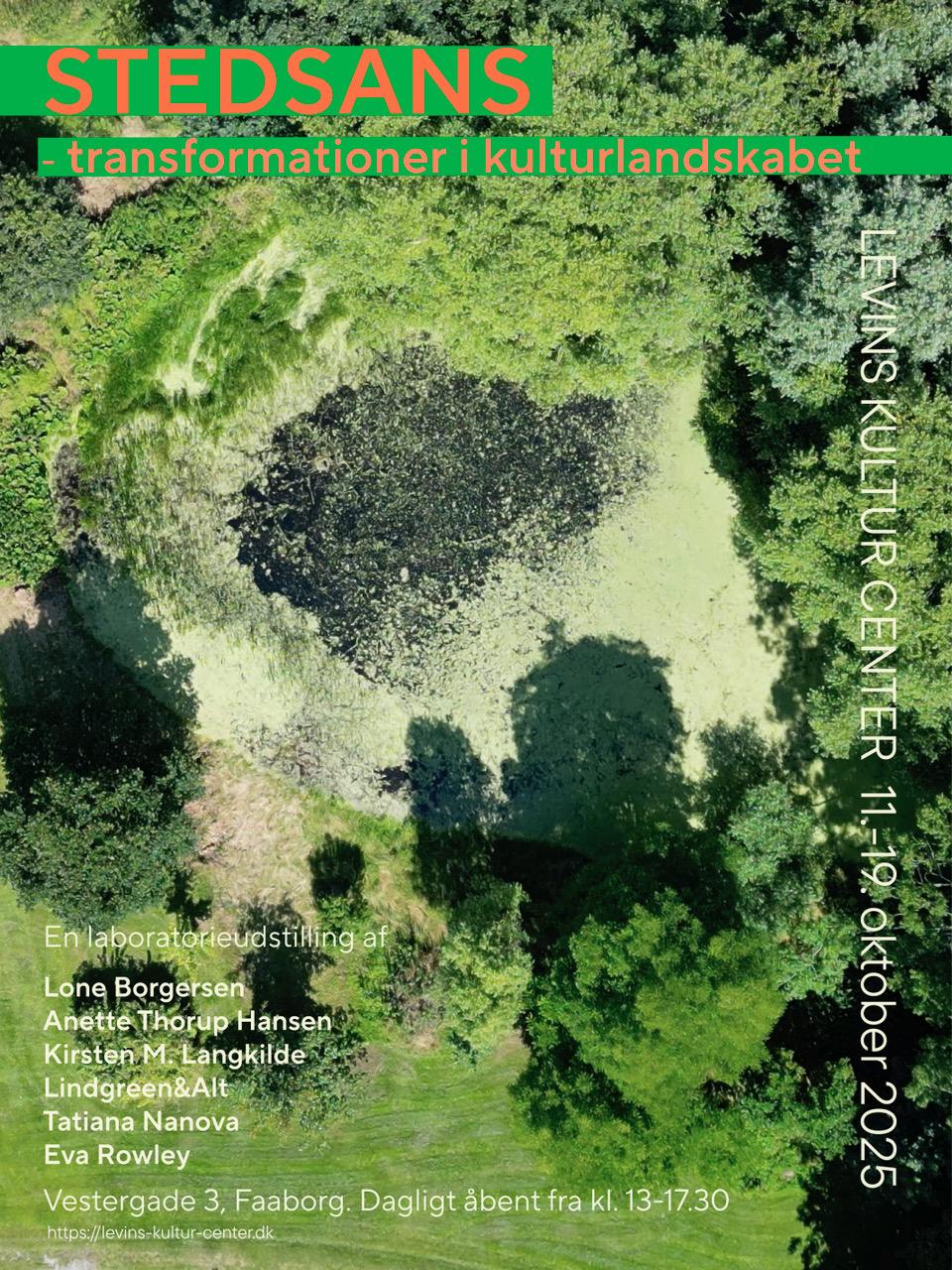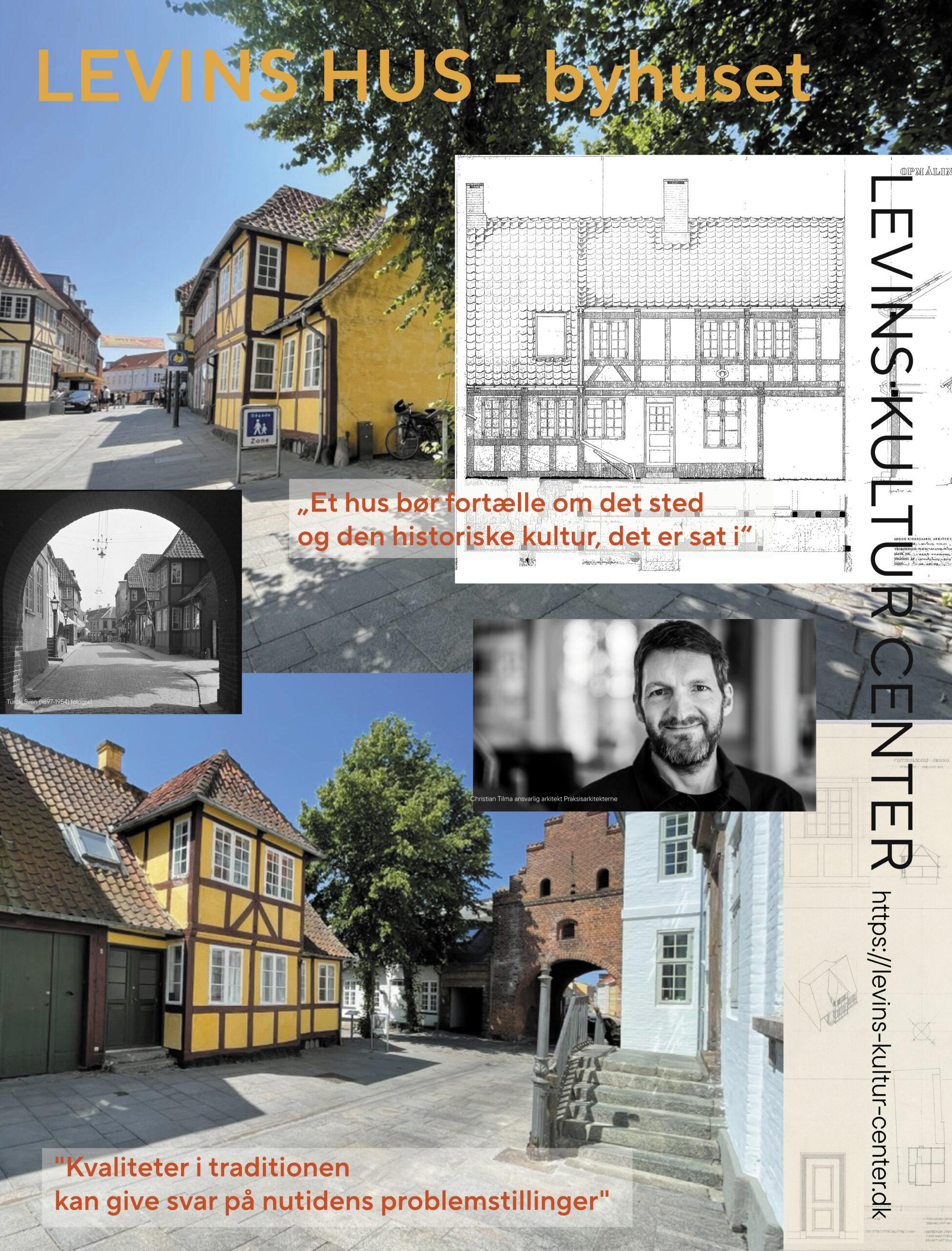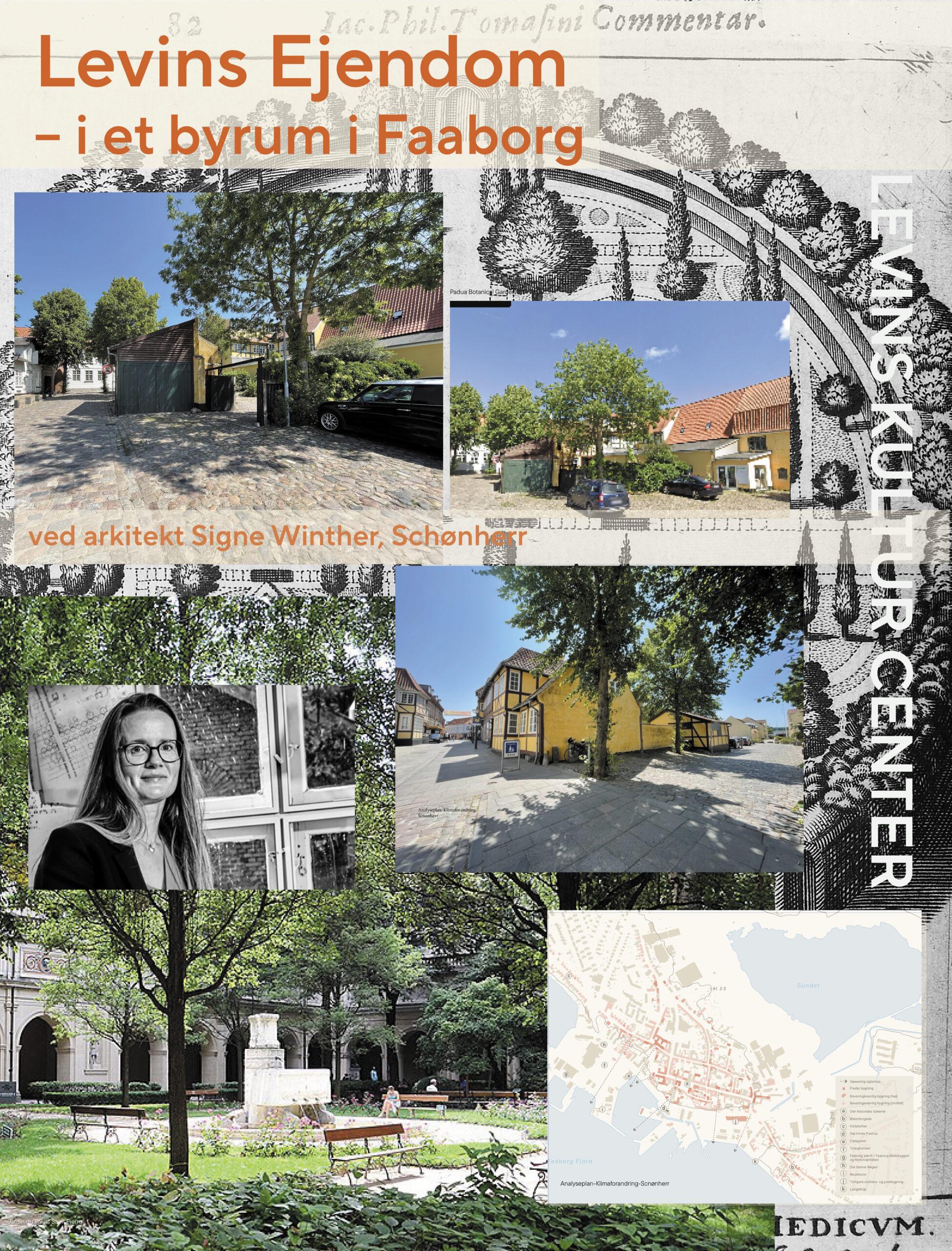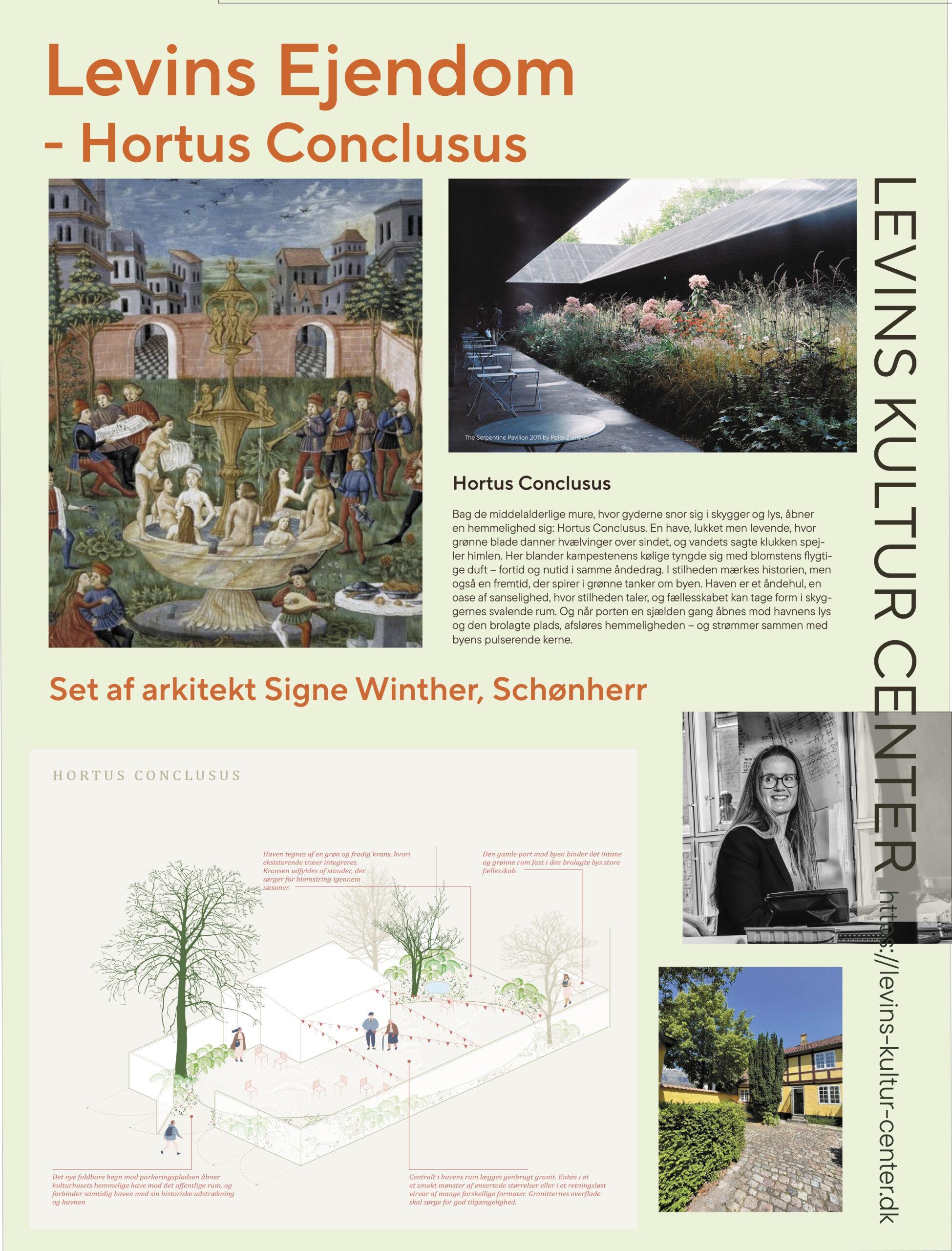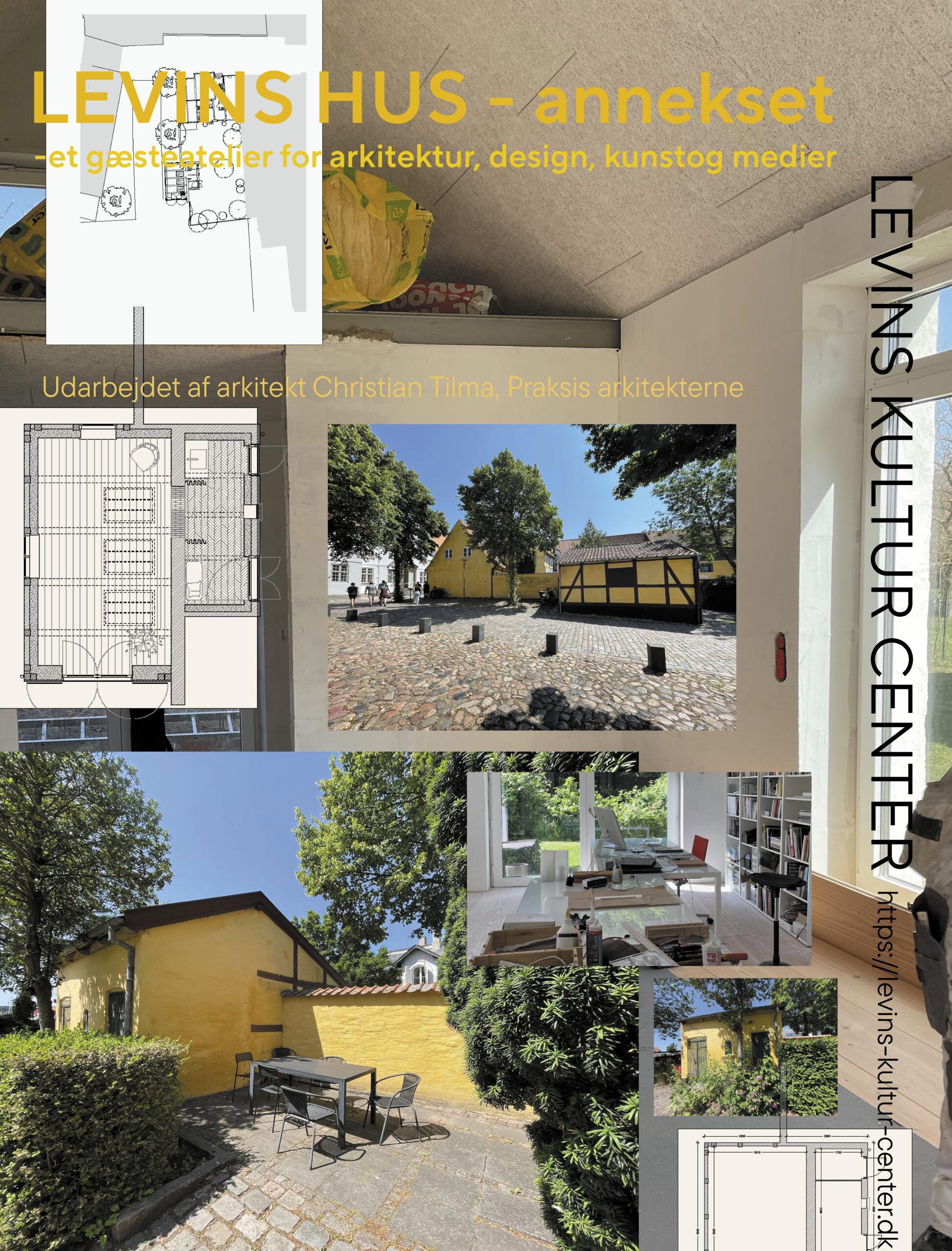Levins Cultural Centre
LEVINS CULTURAL CENTRE
Levins Kultur Center was founded in 2022 in collaboration with Faaborg-Midtfyn Municipality and has since served as a cultural laboratory with a focus on art, culture and digital media.
The centre works to inspire art and culture - both locally and in a larger Danish and transregional network. It contributes to understanding and putting contemporary changes into perspective so that they form a meaningful whole for the individual and thus promote quality of life and sustainable development.
Levin's Cultural Centre meets the art and culture of the future with openness and tolerance. It creates a framework where individuals can express themselves freely and competently in a supportive and enlightened environment.
The centre is a meeting place for enlightened dialogue and cultural exchange - both Danish and international - where open conversation and a shared cultural space are central.
Current themes
Cultural communities - shared cultural landscapes
Dualities provides an opportunity to talk about changes in our social interaction - a changed relationship between the individual and the social community. It points to a rediscovery of values, language, nature, knowledge and understanding.
Cultural communities - shared cultural landscapes
We are in the midst of a change in the 'climate' we live in - both in a concrete and figurative sense. There is a new division of roles between cultural landscape, production and our understanding of nature.
We are moving from an analogue, sensory approach to the world towards a digital, analytical, visual and complex description of the environment we live in. The theme "Cultural Communities - Shared Cultural Landscapes" offers an opportunity to approach these themes in the contemporary world:
- The ubiquitous digital dimension
- Integrating a new knowledge and information-based approach
- The need for balance with sensory, direct experience
Initiatives and events
Based on these considerations, Levin's Cultural Centre will, through the initiative Cultural Communities - Shared Cultural Landscapes, establish a number of reference points and events. Based on the needs and challenges of the individual, these will provide qualified inspiration for dealing with the complex situation we find ourselves in as a society.
All of this happens together, experiencing new perspectives and being inspired by each other.
Upcoming activities
Examples of upcoming activities include a focus on Sense of Place and Development in the Vestergade neighbourhood, Faaborg Midtby, but also how artists document the landscape in the area. Through exhibitions, debate and dialogue are invited.
The purpose is to formulate wishes, ideas and contribute to a vision for future life in the historically authentic, preservation-worthy neighbourhood of Faaborg Midtby together with the area's residents and city stakeholders with a special focus on:
- the desire for a qualitative experience in an inviting authentic urban space. and the idea of urban gardens is further developed
- Raising awareness of the value of high renovation standards of listed properties, ensuring sustainability and site-specific climate adaptation.
LEVINS CULTURAL CENTRE - A cultural laboratory
Levins Cultural Centre works with relevant contemporary themes - both challenges and qualities. Through art, cultural events and projects, the centre seeks to answer contemporary questions and highlight the values of our shared culture.
The projects and events support the community and create space for reflection, dialogue and development.
Renovation of Levin's Property
Levin's property is owned by Levin's Foundation. A working group is now in a process to seek a realisation of the renovation of the property. The vision for this will be shown in Levin's House in August 2025
My activities
Cultural Communities - Shared Cultural Landscapes
Dualities provides an opportunity to talk about changes in our social interaction - a changed relationship between the individual and the social community. It points to a rediscovery of values, language, nature, knowledge and understanding.
Shared cultural landscapes
We are in the midst of a change in the 'climate' we live in - both in a concrete and figurative sense. There is a new division of roles between cultural landscape, production and our understanding of nature.
We are moving from an analogue, sensory approach to the world towards a digital, analytical, visual and complex description of the environment we live in. The theme "Cultural Communities - Shared Cultural Landscapes" offers an opportunity to approach these themes in the contemporary world:
- The ubiquitous digital dimension
- Integrating a new knowledge and information-based approach
- The need for balance with sensory, direct experience
Based on these considerations, Levin's Cultural Centre will, through the initiative Cultural Communities - Shared Cultural Landscapes, establish a number of reference points and events. Based on the needs and challenges of the individual, these will provide qualified inspiration for dealing with the complex situation we find ourselves in as a society.
All of this happens together, experiencing new perspectives and being inspired by each other.
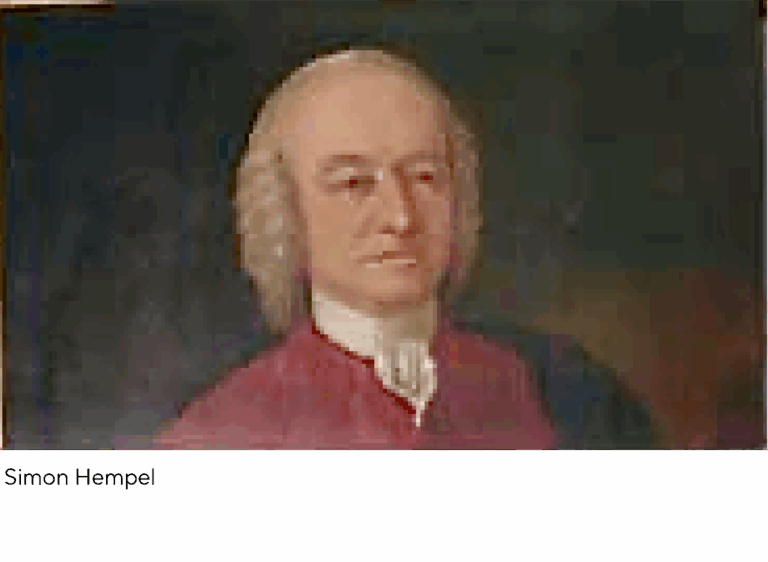
Faaborg Families
Many of the listed houses in the old Faaborg town centre were owned by bourgeois families such as Hempel, Ploug, Voigt, Erreboe and Levin during the town's heyday in the 18th and 19th centuries. These families left their mark on the city's development through trade, shipping, crafts, medicine and cultural engagement.
A key example is Simon Hempel, ancestor of the Danish branch of the Hempel family, who came to Denmark from southern Germany. He quickly became an important figure in Faaborg and part of the bourgeoisie that contributed significantly to the city's prosperity and cultural life.
Through the stories of the Hempel and other families, you can follow a line of values and qualities that reach far beyond their time - including entrepreneurship, enlightenment, religious freedom and cultural openness. These values are still recognised today and are part of Faaborg's unique identity.
Working with insight into
- Historical portraits of key families
- Mapping their properties and apartment buildings in the city
- Themes such as trade, seafaring, health sciences, religion and culture
The theme is intended as a prelude and an invitation to citizens to get involved in the preparations for Faaborg's 800th anniversary in 2029.
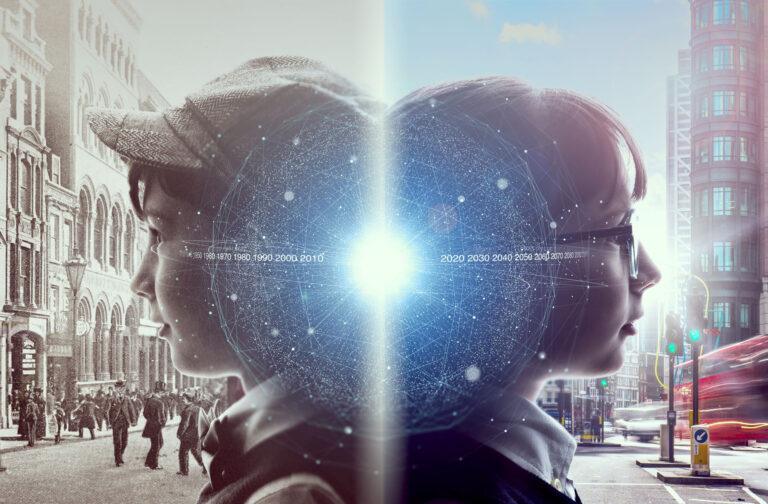
Time Machine Europe
Levin Cultural Centre is an associate partner of Time Machine Europe.
The Time Machine project represents the best expertise, technology and innovation that Europe has to offer in the field of digitisation and preservation of cultural heritage, bringing together over 700 organisations from more than 50 countries worldwide - including leading academic and research institutions, heritage organisations, civil society actors, GLAM institutions (galleries, libraries, archives and museums) and private companies.
These partners support the scientific and technological goals of the project, contribute cultural, historical and geographical material and expertise, and actively participate in the development of Time Machine infrastructure and services.
LEVINS CULTURE CENTRE's archive from 2022
Exhibition poster
Exhibition poster
Exhibition poster
Exhibition poster
Exhibition poster
Exhibition poster
Exhibition poster
Exhibition poster
See our entire archive here.
LEVINS CULTURAL CENTRE - is founded by
The day-to-day work of Levin Culture Centre is carried out by the three founders in collaboration with project partners, network partners and interested friends of LKC

Kirsten Merete Langkilde, sculptor, professor
Background:
- Vice President University of the Arts Berlin.
- Director of the Basel University of Art and Design.
- Chairman of the Network of the Swiss Art Education Programmes.
- Rector of the Royal Danish Academy of Fine Arts.
- Foundation of the research centres -Ecam and Centre for Artistic Knowledge and Development, Copenhagen.
- Research.
- Consultancy.
- Board work.
- Sculptor from the Royal Danish Academy of Fine Arts.
- Member of the Society of Artists.
Focus:
- Board member Levin Foundation.
- Board member Levins Culture Centre.
- Head of the Department of Aesthetic Praxis and Aesthetic Research.
- Arboretum for aesthetic praxis and aesthetic research.
Read more at aep-aer.net

Mag.art. Niels Jørgen Martins da Costa Santos Langkilde, former MF
Background:
- Member of the Danish Parliament.
- Head of Information TV 2/DANMARK.
- Group Information Manager MTG A/S.
- Industry Director BFE.
- Communications Director Danish Hearing Centre.
- MA in Nordic Studies from Odense University (now: University of Southern Denmark).
Now:
- External examiner at the country's universities.
- Board member Levins Culture Centre.
- Board member of Øhavsmuseet, Faaborg.
- Managing Director of Impera & Co. Denmark.
- Director Environment and Media.
- Director Hans Christian Andersen Institut Holding ApS.
- Director of Communications at the Hans Christian Andersen Institute.
- National Chairman Patient Association.
- Chairman of Høreforeningen Faaborg-Midtfyn.
- Board member of Danske Handicaporganisationer, Faaborg-Midtfyn Municipality.
- Editor "Prevention Newspaper".
- Member of the editorial board Church and Media.
Read more at Wikipedia

Master of Science in Political Science Steffen Frederik Møller RD
Background:
- Chief Economist at Dansk Metal.
- Denmark's representative in the Executive Committee of the Coal and Steel Union.
- External lecturer at KU in social sciences.
- Active on the boards of more than 128 companies.
- Ship owner.
- Shoe owner.
- Chairman of the Council for 17 years in the Ministry of Education.
- High school lecturer Marstal Navigations-HF.
- Speaker.
- Author.
- Entrepreneur.
- Journalist.
- Overseas project manager.
Focus:
- Chairman of the Board Levin Foundation.
- Work on foundation boards.
- Board member Levins Culture Centre.
- Director of NeptunSeafood ApS.
- Financial advisor.
- Humanitarian work.
Read more at Wikipedia
Friends of Levins Cultural Centre
Membership of the Friends of Levin's Cultural Centre in Levin's House provides an opportunity to participate in and inspire the work of Levin's Cultural Centre,
